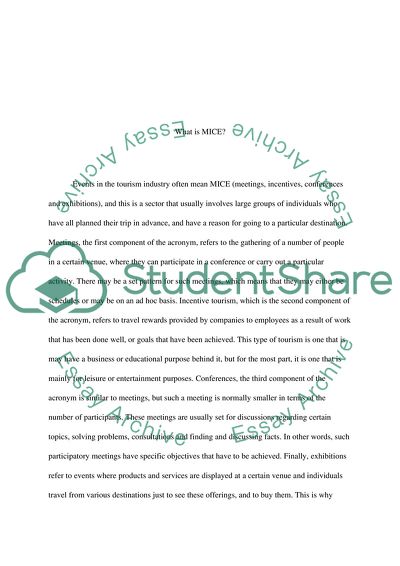Cite this document
(“Events management: Touring & Venues Essay Example | Topics and Well Written Essays - 2500 words”, n.d.)
Events management: Touring & Venues Essay Example | Topics and Well Written Essays - 2500 words. Retrieved from https://studentshare.org/miscellaneous/1556915-events-management-touring-venues
Events management: Touring & Venues Essay Example | Topics and Well Written Essays - 2500 words. Retrieved from https://studentshare.org/miscellaneous/1556915-events-management-touring-venues
(Events Management: Touring & Venues Essay Example | Topics and Well Written Essays - 2500 Words)
Events Management: Touring & Venues Essay Example | Topics and Well Written Essays - 2500 Words. https://studentshare.org/miscellaneous/1556915-events-management-touring-venues.
Events Management: Touring & Venues Essay Example | Topics and Well Written Essays - 2500 Words. https://studentshare.org/miscellaneous/1556915-events-management-touring-venues.
“Events Management: Touring & Venues Essay Example | Topics and Well Written Essays - 2500 Words”, n.d. https://studentshare.org/miscellaneous/1556915-events-management-touring-venues.


